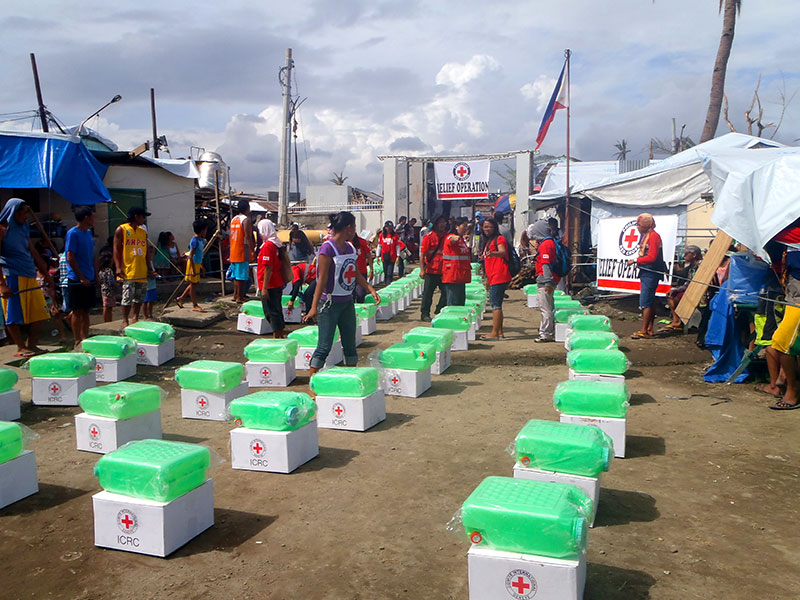The Canadian government is in its last phase of assistance to Typhoon Yolanda victims.
Canadian Ambassador to the Philippines Neil Reeder said that Canada has set aside $20.6 million Canadian dollars or P700 million to support long-term economic recovery initiatives.
It is the second tranche of funds pledged by the Canadian government since Yolanda, internationally known as Haiyan, hit the Visayas in November 2013. Ottawa pledged the amount during President Benigno Aquino III’s visit to Canada last year.
Canada is working with four organizations to deliver the assistance. These are the Canadian Cooperative Association, Centre for International Studies and Cooperation, CARE Canada, and Adventist Development and Relief Agency World Renew Consortium.
Among the kinds of assistance are to re-establish small sari-sari stores, strengthen the financial and business management skills of women who are operating micro to medium-sized businesses, provide training and technical support to households or cooperatives, and help victims earn from activities other than farming and fishing.
Typhoon Yolanda was one of the strongest tropical cyclones ever recorded.
It is the deadliest Philippine typhoon on record, killing at least 6,000 people.
The House of Representatives in the Philippines extended its gratitude to the Canadian government for allocating P700 million to support the long-term economic recovery initiatives in super-typhoon Yolanda-affected areas.
Quezon Representative Winston Castelo, chairman of the House Committee on Metro Manila Development, cited the Canada’s allocation of $20.6 million as second tranche of funds pledged through its Typhoon Haiyan Relief Fund.
The funding allocation was announced by Ambassador Reeder on January 13, 2016.
In filing House Resolution 2625, Castelo hailed Canada for establishing its relief fund, a mechanism through which every eligible dollar donated by individual Canadians and Canadian businesses to registered Canadian charities responding to the impact of the typhoon, would be matched by the Canadian government.








